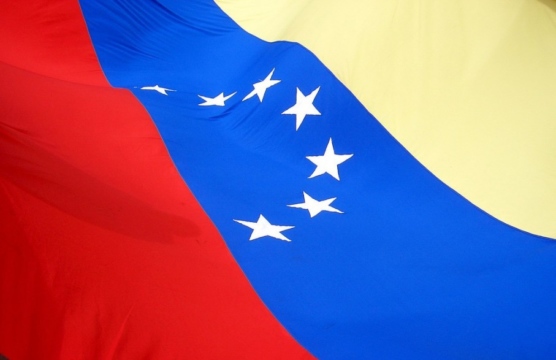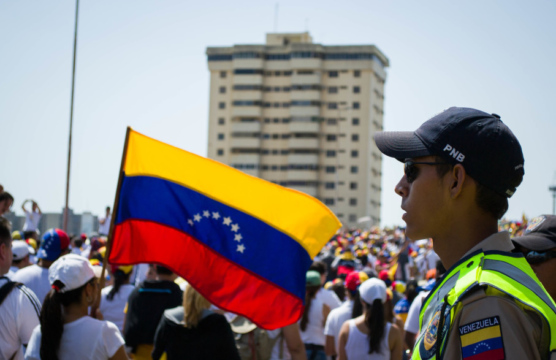
Falling Oil Prices Push Venezuela, Maduro Closer to the Edge
With crude oil prices down 25 percent since June and holding at roughly $86 a barrel on Tuesday, Venezuela is getting nervous.
The unfolding drama in Venezuela shows that former U.S. secretary of state John Kerry was right when he formally retired the Monroe Doctrine in 2013 in a speech at the Organization of American States. Originally intended as a warning against European powers seeking influence in Latin America, this 19th-century doctrine became virtually synonymous with United States unilateral intervention in the region.
For decades, Washington treated Latin America and the Caribbean as its backyard, invading a host of countries and supporting coups against unfriendly governments throughout the hemisphere. By the time of Mr. Kerry’s speech, however, the doctrine had been rendered obsolete by changes in Latin America, the United States and the world.
And yet, the discourse of part of the media, pundits and policymakers in the U.S. regarding the Venezuelan crisis seems to revive that bygone era of unilateral interventionism in Latin America. In the last few days, domestic and international factors have dramatically increased pressure on Venezuelan dictator Nicolas Maduro, who succeeded Hugo Chavez after the Bolivarian leader’s death in 2013 and has presided over the utter ruin of the oil-rich nation.
The United States has an opportunity to play a constructive role in fostering a peaceful, democratic transition in Venezuela. It can only do so, however, if Washington resists the temptation of acting alone and behaves as part of a broad coalition with other Latin American countries. The good news is many governments in the region have joined the U.S. in condemning Mr. Maduro and recognizing Juan Guaidó –opposition leader and president of the democratically elected National Assembly – as interim president on Jan. 23.
[...]
With crude oil prices down 25 percent since June and holding at roughly $86 a barrel on Tuesday, Venezuela is getting nervous.
Can the government led by Nicolas Maduro survive the wave of street protests that have spread throughout Venezuela over the past two weeks?
Deadly protests, the largest since President Nicolás Maduro’s election last year, have wracked Venezuela in recent weeks.
 LC-USZ62-75559 / Library of Congress
LC-USZ62-75559 / Library of Congress
